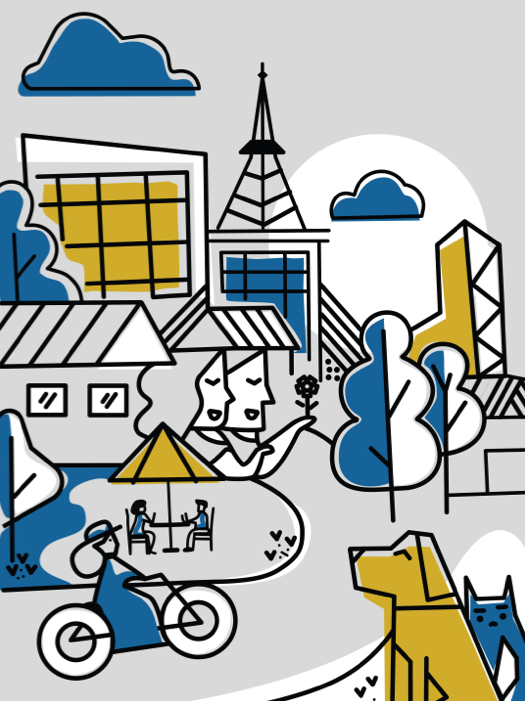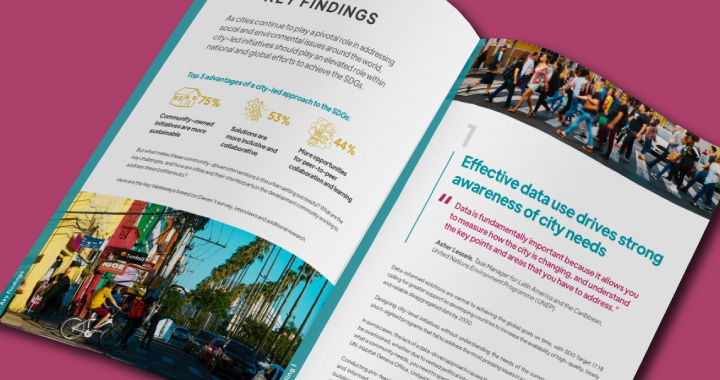
Two-thirds of the world’s population is expected to live in urban areas by 2050, with the majority of growth set to take place in cities in low- and middle-income countries. As the deadline for the Sustainable Development Goals approaches, it’s becoming more evident that cities will have a major role to play in achieving these goals.
This series focuses on how city-led approaches drive sustainable development and the role of cities as agents of change.
Read More ↓
In this special report, Devex and City Cancer Challenge explore the challenges and best practices involved in implementing city-led initiatives to make them more meaningful and impactful, and the success factors that help replicate results and bring programs to scale in a variety of sectors.
Through in-depth interviews with experts implementing city-led initiatives in low- and middle-income countries and an online survey of 790 development professionals, the report highlights innovative programs in various cities that showcase the advantages of a city-led approach to development.
Key findings from the report were presented at a virtual launch event on 10 June. Watch the recording here.
What's inside
- What is the role of cities as agents of change?
- What are the enablers of success common to impactful city-led interventions?
- Who are the key stakeholders and their role and involvement in advancing city-level development?
- What are some of the opportunities for improving current initiatives and bringing them to scale?

75% of survey respondents say community-owned initiatives are more sustainable.
96% of respondents agree that collaboration between city-level actors and national, regional and global institutions is essential for ensuring impact and sustained results.


63% of respondents working in urban development identify lack of capacity among city-level stakeholders as the biggest challenge.
60% of survey respondents say city-level governments can best contribute towards the success of city-led interventions by supporting long-term planning for sustained impact.






